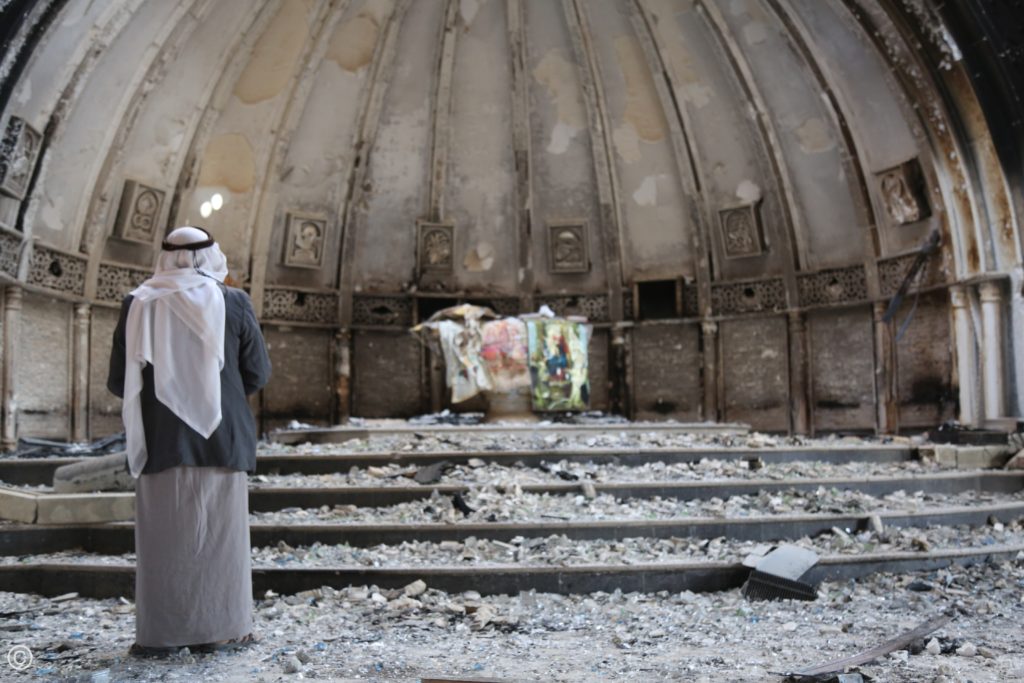A British Member of Parliament has criticised the UK government for failing to declare the actions of Islamic State against Christians, Yazidis and others “genocide”, suggesting that this omission enables oppressors to act with impunity.
Conservative MP Fiona Bruce, who proposed a motion in parliament exactly one year ago that their atrocities be labelled “genocide” and that the British Government table a resolution at the UN Security Council, wrote in a blog for the politics website politeia: “Ultimately, we cannot say we stand up for the freedom of people of all religions unless we recognise the truth – and the dreadful impact – of their persecution, and prosecute accordingly. If oppressors can act with impunity, what message does that send to such suffering communities?”

Last April’s vote was passed unanimously, with all 278 votes cast in favour. However the government opposed the vote and the Foreign Office directed ministers and parliamentary aides not to take part in it, arguing that it was not for the government to prejudge an issue that may be referred to the International Criminal Court. The Commons vote followed moves by the US Congress, the then-secretary of state John Kerry, the European Parliament and the Council of Europe all describing IS’s actions against minorities as genocide.
Ms Bruce, who is a member of Parliament’s Joint Committee on Human Rights, also suggested it was unlikely that either the United Nations Security Council or the International Criminal Court would act quickly in the Christians’ favour.
She also accused aid agencies, including the government’s Department for International Development, of creating a “blockage” that prevented displaced Christians from receiving the help they needed, through their non-discrimination policy that states that religious affiliation should not be a criterion for allocating help.
“There is clear precedent for a distinction being drawn to protect a specific vulnerable group” such as women and girls, she wrote, arguing that displaced Christians and other minorities do have “specific needs and vulnerabilities”.
Ms Bruce said that ensuring equal provision for all refugees was “a key part of the fight against global terrorism” that sought to drive non-Muslims and even moderate Muslims from the Middle East.
